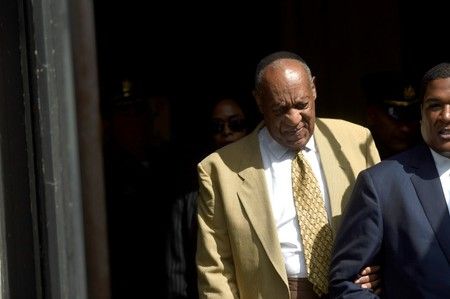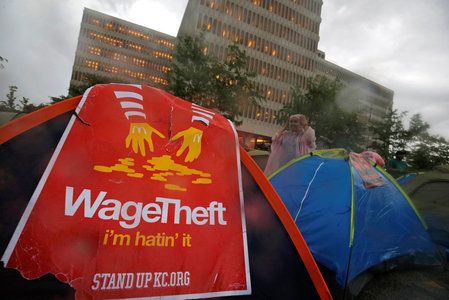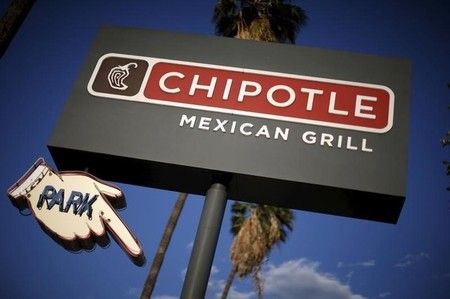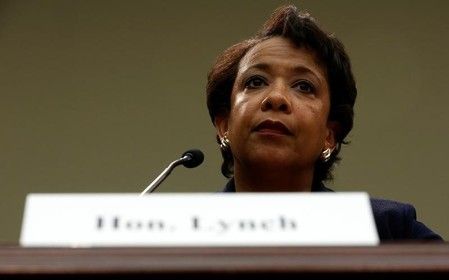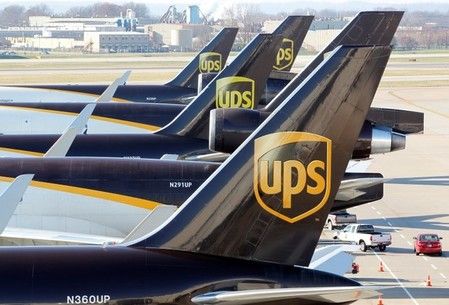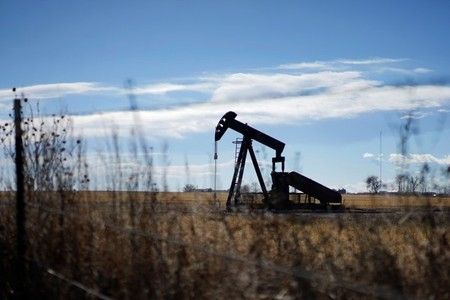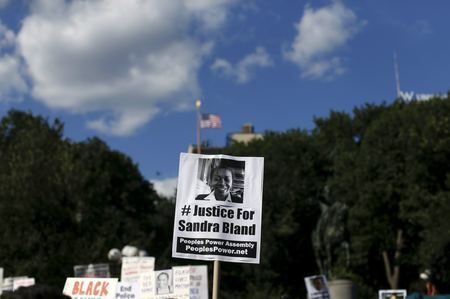Advertisement
Bloomberg looks West after bankrolling Philadelphia soda tax win
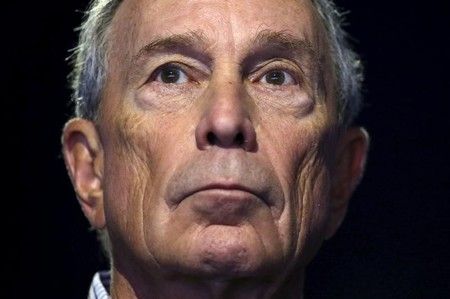
By Luc Cohen
NEW YORK (Reuters) – After successfully funding a campaign to pass a soda tax in Philadelphia, billionaire Michael Bloomberg is preparing to fund similar efforts in several other cities, giving new momentum to measures seeking to limit soft drink consumption.
The former New York City mayor contributed the bulk of the money for the pro-soda tax side in Philadelphia, providing around $1.6 million. Now the prominent public health crusader will support measures in San Francisco and Oakland, California this year, Howard Wolfson, a senior adviser to Bloomberg, said in a conference call on Friday.
Bloomberg may also support soda tax drives in Seattle and Multnomah County in Oregon, which includes Portland, in 2017, Wolfson said.
The billionaire’s planned backing raises the stakes for the powerful beverage industry, which has lobbied hard to defeat many of the 43 municipal and state-level attempts to implement a soda tax that have failed since 2008. Before this week, Berkeley, California was the only U.S. city with a soda tax.
But the success in Philadelphia, the country’s fifth-largest city with a diverse population of 1.6 million, could mark a turning point as Americans become more aware of health campaigners’ message that sugary soft drinks contribute to obesity and diabetes.
“If Berkeley was a tremor, Philadelphia is an earthquake, and we expect there will be more earthquakes going forward,” Wolfson said.
As New York’s mayor, Bloomberg led efforts to pass a state-level soda tax, prevent residents from buying sodas with food stamps, and limit the size of sugary beverages. His efforts prompted public outcry against what were dubbed “nanny state” initiatives, and all three measures were ultimately defeated.
Philadelphia’s Mayor Jim Kenney took a different approach, emphasizing the revenue benefits of the tax over the health angle. The city council approved the measure in a 13-4 vote on Thursday after activists raised a total of around $2 million, according to Kevin Feeley, who led the pro-tax campaign.
Feeley and Wolfson both said the soda industry outspent the pro-tax campaign.
A spokeswoman for the American Beverage Association (ABA), which represents Coca-Cola Co and PepsiCo and funded a local group opposing the tax, said the group did not yet have a final tally for how much it spent.
The spokeswoman added that the group would “oppose all discriminatory tax proposals.” The group has said the tax’s passage in Philadelphia was the result of unique local political conditions and unlikely to have a ripple effect in other cities.
The ABA said on Thursday it would sue Philadelphia to stop the tax, and Wolfson did not rule out the possibility that Bloomberg would contribute to aid the city’s defense.
Wolfson declined to specify an amount that Bloomberg was willing to spend on the San Francisco and Oakland efforts, but noted that he was “not in a position to match soda dollar for dollar.” Bloomberg’s contributions are meant to help “level the playing field,” he said.
(Story corrects first name of Howard Wolfson in paragraph two previously said Michael.)
(Additional reporting by Chris Prentice; Editing by Tom Brown)


